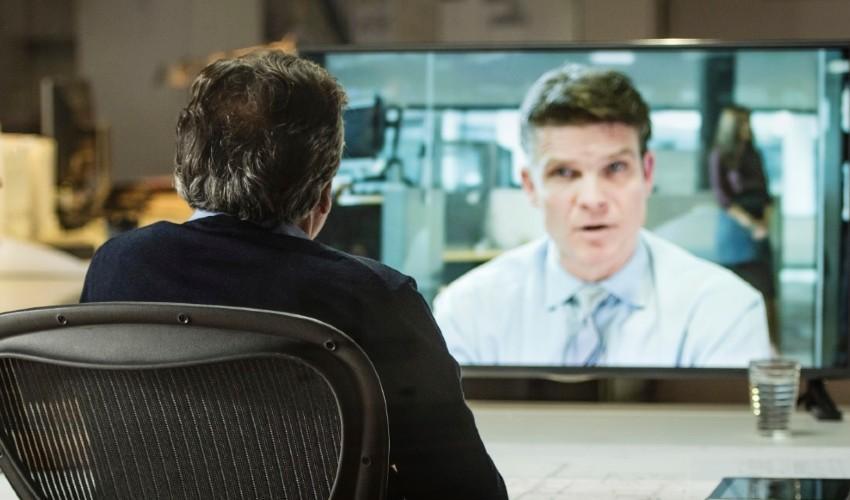
Salespeople: Technology Is Limiting Coronavirus Damage
AN INSTANT SURVEY BY SDA BOCCONI AMONG VENDORS RECORDS A 22.1% EXPECTED LOSS OF SALES EVEN BEFORE THE GOVERNMENT INTERVENTIONS TO CONTAIN THE EPIDEMIC AND 41.1% AFTER. THE SURVEY ALSO RECORDS A PROMPT REACTION TO THE IMPOSSIBILITY OF VISITING 60% OF CUSTOMERS: THOSE WHO KNOW HOW TO USE TECHNOLOGICAL TOOLS CAN SIGNIFICANTLY REDUCE THE DAMAGEThe last mile of the Italian economy, as salesmen are defined, is reacting vigorously to the restrictions prompted by the coronavirus with the use of alternative, often technological channels to keep contact with customers who are impossible to visit. This indicates the way forward to contain the expected losses in turnover as much as possible.
According to an instant survey by Paola Caiozzo and Paolo Guenzi (SDA Bocconi's Commercial Excellence Lab), in collaboration with the student association JEME Bocconi, 71.2% of sales companies and 82.2% of customers implemented restrictive policies of various kinds in the aftermath of the outbreak of the epidemic in Italy. Even before the restrictions imposed by the public authorities, thus, this resulted in the impossibility of visiting 60.1% of customers and the expectation of a 22.1% average reduction in turnover. In the aftermath of the 8 March 2020 Prime Minister Decree, which introduced stricter regulations, the estimated reduction in turnover jumped to 41.1%. The survey is ongoing, in order to measure changes in expectations following the evolution of the contagion and of the measures to combat it.
Salespeople have immediately stepped up their use of technology, so much so that they claim to be capable of maintaining relations with 69.2% of customers who can no longer be contacted in person.
To sum up, before the government regulation, 39.9% of customers were still contactable in person, while 42.2% became contactable only through alternative means, from simple telephone (30.3% of total contacts) or e-mail (27.4%), to more advanced technologies, such as web conferencing (13.5%), Skype call (14.3%) and messaging (14.5%). 17.9% of customers were impossible to contact.
Of the 236 salespeople surveyed, only 15.6% use all five of the above channels, but the majority (58.3%) use three or four of them. But there is still room for improvement, as the remaining 26% of salespeople use a maximum of two.
This is relevant, because the survey data show that the greater the number of alternative channels used, the greater the ability to maintain customer relations and, therefore, to contain the loss of turnover: in fact, the expected loss of turnover decreases by 2.65% for each alternative channel added. Since, as seen above, digital channels are the least used, their deployment becomes a powerful tool to overcome the difficulties.
«Our previous research», say the two authors, «had already highlighted the positive relationship between the use of technologies in sales networks and the growth in turnover. The coronavirus emergency dramatically confirms this and may serve to accelerate their adoption, which in 55% of cases, in Italy, is medium-low. If you are looking for positive aspects of the current difficult situation, this emergency may represent a stimulus to the process of digitization of networks and business processes, to identify alternative ways of managing business relationships with which to prepare the ground for recovery».
by Fabio Todesco
